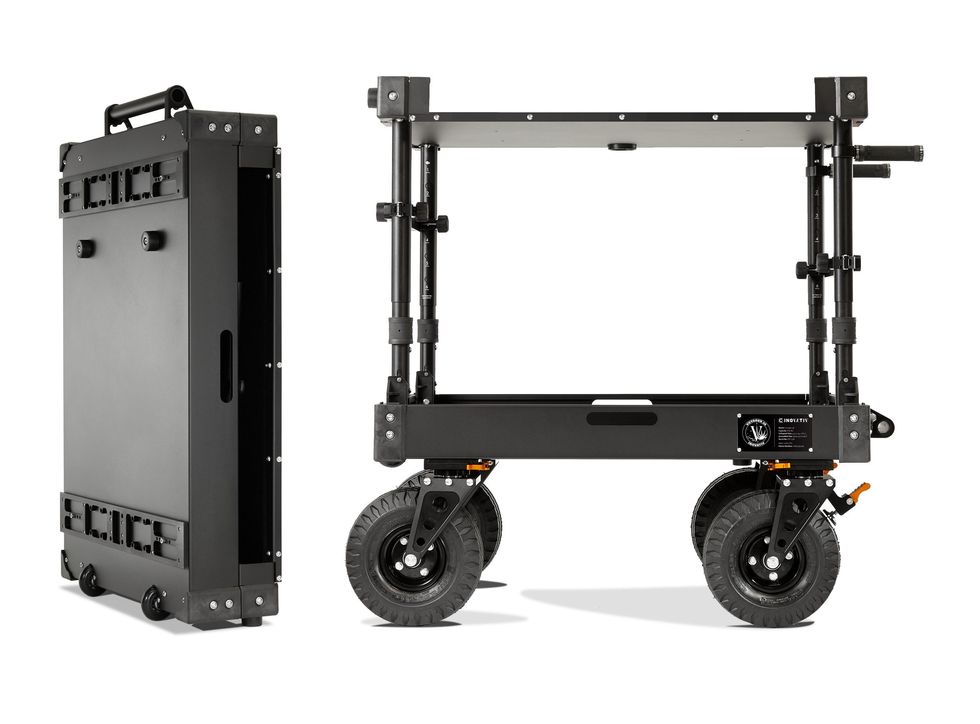Global Movie Exhibition Consolidates as Cineworld Closes Deal for Regal Entertainment Group
The UK-based exhibitor has agreed to pay $3.6 billion to acquire Regal's 7,300 screens.

The global consolidation of the theatrical exhibition market continues as companies look to grow internationally, create unique amenities, and fight off the decline of ticket sales. Today, UK-based Cineworld announced that it has closed a deal to acquire Regal Entertainment Group for $3.6 billion.
Cineworld is currently the second largest exhibitor in Europe with over 2,000 screens in 221 theaters across nine countries. This acquisition would immediately make Cineworld a major player in the U.S. market, as Regal Entertainment Group operates 561 theaters across the U.S. and its territories with more than 7,300 screens. This move will make Cineworld more competitive with the Wanda Group. Wanda is currently the largest global exhibitor with 1,352 cinemas containing 14,347 screens, including AMC in the U.S., Odeon and UCI in the U.K., and Wanda Cinemas in China.
This acquisition is not a major surprise since Regal was put up for sale back in 2015 at the behest of its majority stakeholder, Anschutz Corp., but no buyers took the bait at the time. Global box office revenue is projected to be down two percent this year compared to last, and theater chains have undertaken major renovations to add amenities like reclining seats, in-theater food service, and reserved seating to attract audiences and boost ticket sales. Those renovations, however, typically mean less seats in a theater to accommodate the new comfort level, which in turn means less tickets to sell per screening, not to mention the capital outlay required and the lost revenue when screens are taken out of rotation for upgrades.
What does this mean for filmmakers? Initially, not much should change, but with any merger, the resulting organization looks for ways to reduce costs. Older and underperforming theaters within Regal Entertainment Group, which includes Regal Cinemas, United Artists Theatres and Edwards Theatres chains, may be shuttered, thus reducing the overall screen count for feature films.
As major theatre chains look to mimic the comfort of living rooms matched with full-service bars and restaurants, independent theaters will need to continue to distinguish themselves with films not seen in the multiplexes (a plus for independent filmmakers) as well as special events, including filmmaker Q&As and repertory screenings, especially with celluloid prints when available.
Source: Variety





















